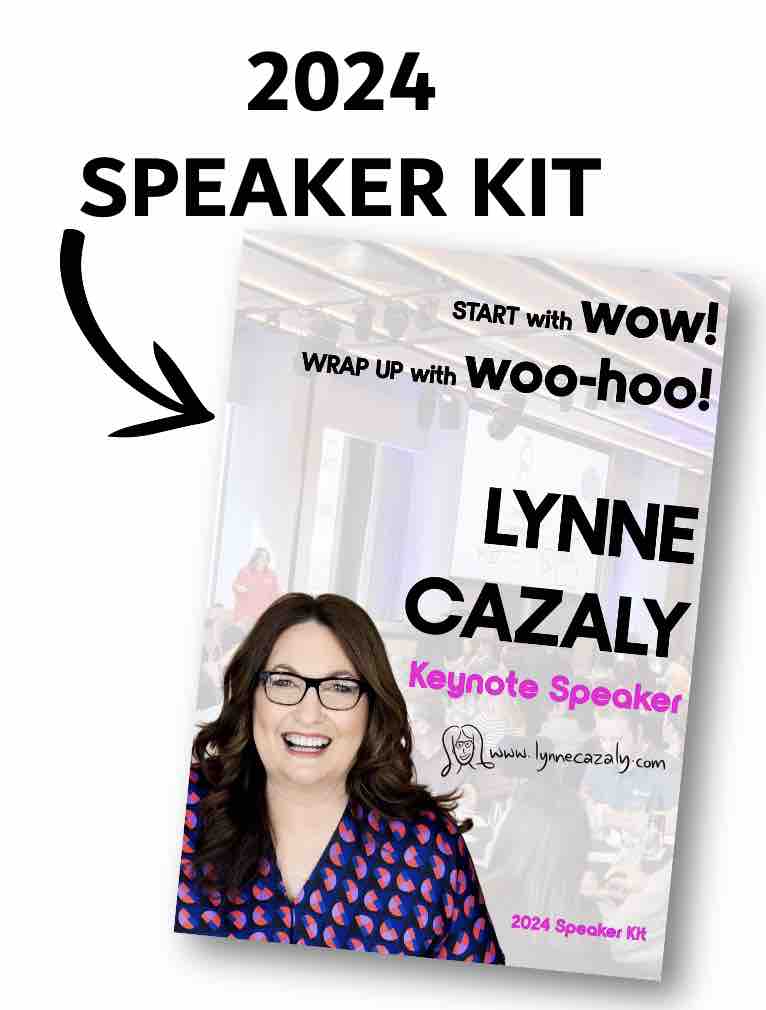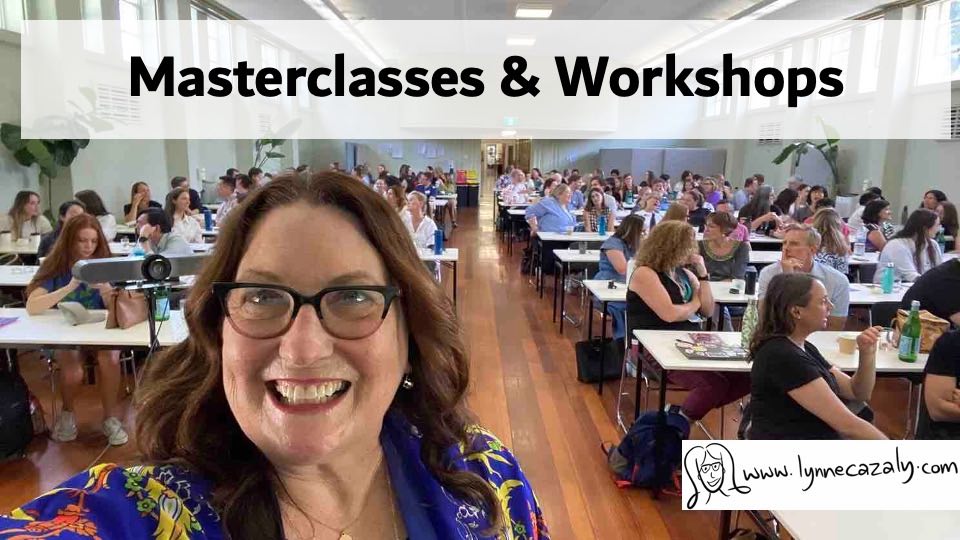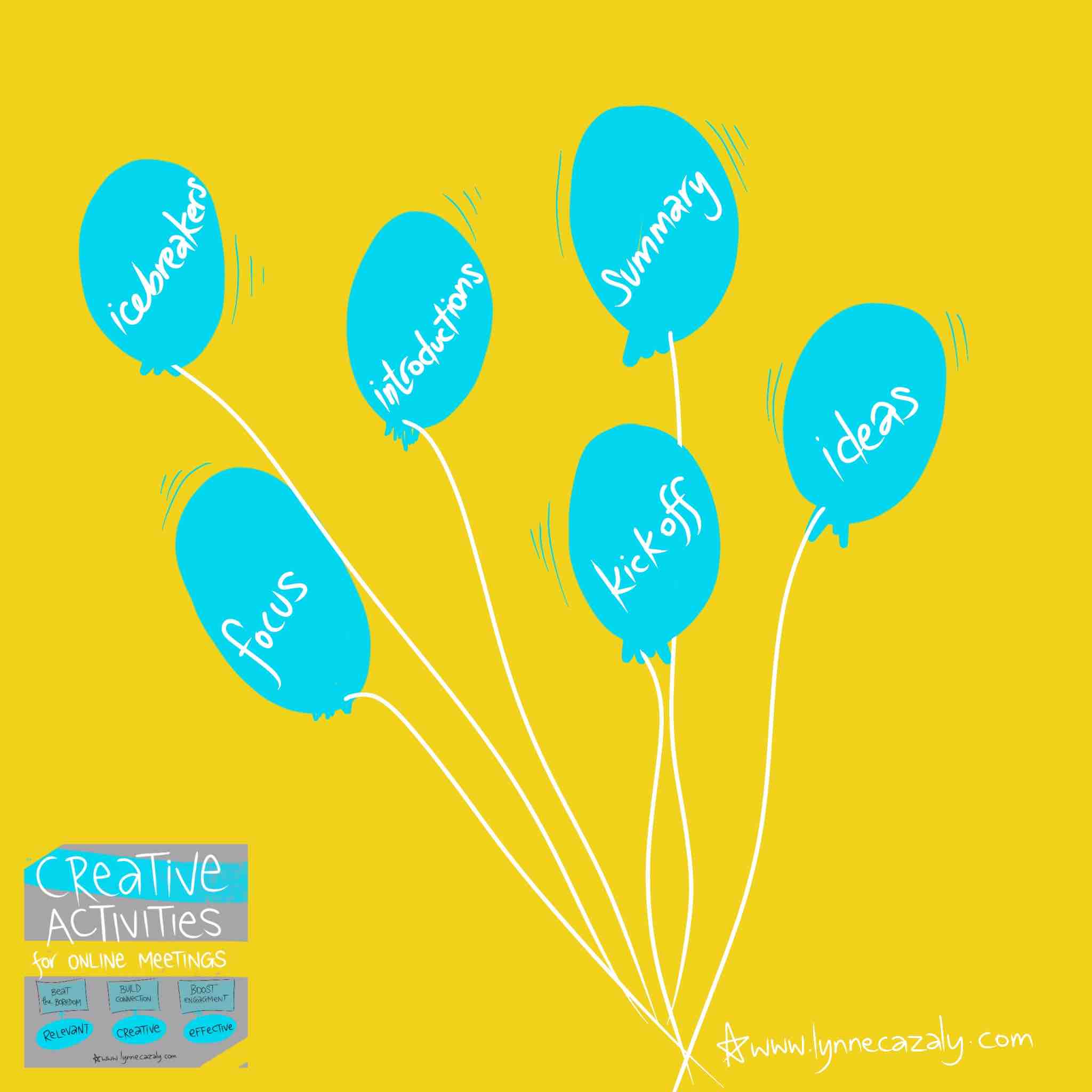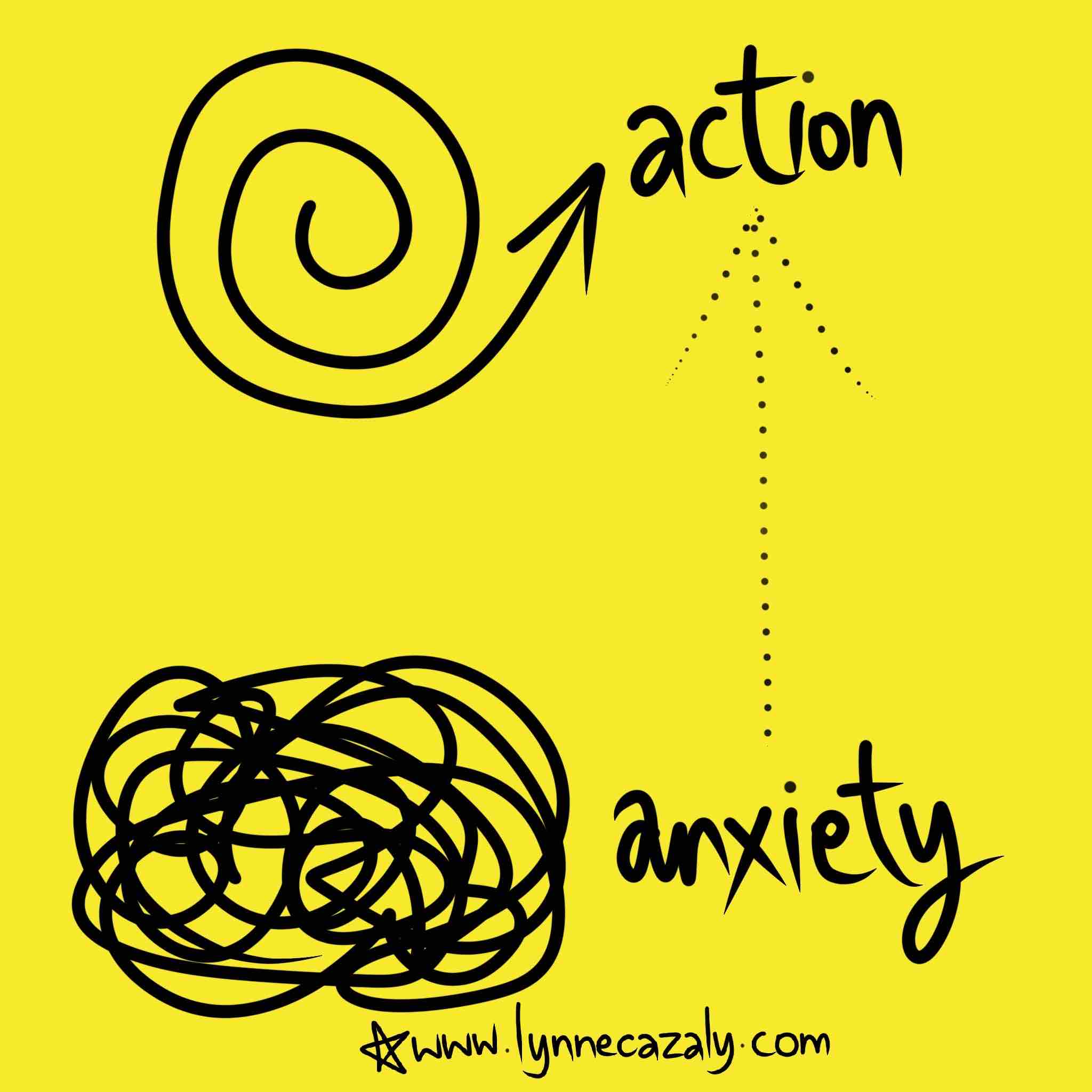Problem maker or process improver
 Monday, July 18, 2022 at 1:10PM
Monday, July 18, 2022 at 1:10PM You can keep creating and fixing messy problems … or … focus on making better progress through improving processes.
It’s costly when there’s no process, a process wasn’t followed or human error could have been easily picked up.
The pursuit of improvement is a wise investment.
But… *gulp* it can take a shift in your attitude and culture to be willing to learn and to receive feedback.
No customer or client wants their experience to be flawed, delayed or full of problems.
But if your business is a problem maker then you might be waiting for customers to alert you to problems.
Not good PR.
Better to be a process improver - making systems and processes work better. Then there’s less chance of things going wrong anyway. 😊
Try ‘Kaizen’, meaning ‘improvement’ in Japanese. It’s a truly brilliant philosophy and way of working for better progress … and customer experience.
Read more in this Fast Company article by Molly Shea Shine.
“Put simply, it’s the practice of thinking about what you’re doing, looking for ways to improve it, making those changes, then continuing to act upon them.”
Improvement. It’s is a much more worthy pursuit than having to make apologies for messing up.

















